We've all felt the pinch of a shoe that's a touch too tight or the pressure of fashionable footwear that doesn't prioritize comfort. In these moments, one can't help but wonder: Can tight shoes truly lead to swollen feet?
As with many health and comfort conundrums, the answer lies at the intersection of anatomy, lifestyle choices, and footwear. By understanding the underlying causes and the body's reactions, we can decipher the extent to which our beloved shoes may be to blame for those puffy feet at the end of a long day.
Why do feet swell?
Physiologically understanding swollen feet requires a basic grasp of foot anatomy. Your foot, a complex structure of muscles, bones, ligaments, and blood vessels, can become swollen when fluid accumulates in its tissues.
Each foot has a whopping 26 bones, 33 joints, and over 100 muscles, tendons, and ligaments. While the bones provide structure and balance, the network of muscles, ligaments, and tendons offers flexibility and movement. These soft tissues tend to retain fluid or swell when subjected to undue strain or injury.
Front and center in this process is your circulatory system, consisting of blood vessels like arteries, veins, and capillaries. This system carries blood, supplying essential nutrients and oxygen to each corner of your foot. But tight shoes applying consistent pressure can lead to compromised blood flow, causing fluid to build up within the surrounding tissues.
To sum up, swollen feet result from fluid accumulation in the foot's tissues, primarily driven by strain, injury, or impaired circulation. While the anatomy seems intricate, the principle is straightforward: undue pressure leads to swelling.
Do tight shoes cause swollen feet?
Now that we know those anatomical details, let's turn our attention to the crux of this foot puzzle: tight shoes. Are those stylish stilettos or snug sneakers really behind your ballooning feet?
Tight shoes undoubtedly play a significant role in causing foot swelling. When shoes don't fit properly and are overly tight, they can constrict the foot, applying pressure to your veins and hampering the process of blood flow. This can lead to fluid buildup within the surrounding tissues, causing swelling in your feet.
A tight shoe size can also strain the muscles, tendons, and ligaments in your feet. This constant stress might trigger an inflammatory response from these tissues, contributing further to swelling.
Such inflammation can be particularly apparent if you're placing your feet under additional stress, such as standing for extended periods or engaging in vigorous physical activities.
Knowing this, it becomes vital to consider the impact of our footwear choices on our foot comfort and health. Though we may dismiss discomfort as a minor sacrifice for fashion and style, swelling of the feet is a concrete sign that our feet are under duress.
So, as we strut down life's runway, let's ensure we aren’t squeezing the life out of our dear feet. After all, happy feet lead to a happier you, don't they?
What else can make feet swell?
While tight shoes can lead to swollen feet, they're just one piece of a larger puzzle. Plenty of other factors can contribute to this condition:
-
Diet and salt intake: High salt intake can increase water retention, causing swelling. Reducing sodium in one's diet can help minimize this effect.
-
Medical conditions: Diseases like kidney disease, heart failure, and neuropathy can cause foot pain and ankle swelling. Diabetic foot, for instance, can lead to swelling due to compromised blood flow.
-
Weather: Hot weather can lead to increased foot swelling as well. During warmer months, our blood vessels expand to cool the body, which can cause fluid to pool in the lower legs.
-
Prolonged standing or sitting: Spending long periods of time in one position can affect blood circulation, causing fluid to accumulate in the feet.
-
Pregnancy: This is a natural phase where the body retains more fluid, leading to swollen feet and ankles.
-
Medications: Edema can be a side effect of certain medications. Always check with a podiatrist or healthcare provider regarding potential drug-induced swelling.
Foot swelling is multifaceted. Tight shoes are one among many contributors, and understanding all potential causes ensures comprehensive foot care. Addressing the root causes, be it medical conditions or lifestyle choices, is paramount to managing and mitigating the swelling.
What are the signs of swollen feet?
Knowing how to discern the signs of swollen feet can help you take timely corrective measures. Let's look through the symptoms:
-
Noticeably enlarged foot or ankle compared to its usual size or the other foot
-
The skin around the foot and ankle stretching or appearing shiny
-
Indentations remaining after pressing into the swollen area for a few seconds
-
Feet feeling heavy or uncomfortably tight
-
Pain, tingling, or discomfort in your foot or ankle
-
Reduced mobility or difficulty moving the affected foot
These symptoms should not be shrugged off as they may indicate your feet are under stress.
How should you treat swollen feet?
Ditching those tightly fitting torture devices you call shoes can be your first step toward prevention and recovery. Trading them in for properly fitted, comfortable shoes can make a world of difference.
Here are a few practical steps to keep foot swelling at bay:
Wear the right shoes
It's no secret that ill-fitting shoes can spell trouble. At Kizik, we understand the balance between style, comfort, and foot health.
Our shoes are designed to provide optimal support, ample toe box space, and the kind of cushioning your feet will thank you for. Kiziks aren't just shoes—they're an investment in your foot health.
Get regular check-ups
Regular visits to a podiatrist can help detect potential foot problems early. These professionals can also provide advice tailored to your unique foot anatomy and needs.
Avoid long periods of immobility
Prolonged standing or sitting, especially during long periods of time, can hinder optimal blood flow. Make it a habit to move around periodically, stretch your legs, and rotate your ankles to boost circulation.
Use compression wear
Wearing compression socks or compression stockings can greatly aid in maintaining consistent blood circulation and prevent fluid build-up in the lower extremities.
Manage salt intake
Excessive salt intake can lead to water retention. Balance your diet with fruits, vegetables, and whole grains while cutting down on processed foods high in sodium.
Limit environmental triggers
Swelling can be exacerbated during hot weather. Stay indoors during peak heat hours and elevate your feet when resting.
Address foot ailments
Bunions, corns, and calluses can alter how you wear shoes and contribute to swelling. Addressing these ailments through medical procedures or wearing shoes with ample space and comfort can mitigate swelling.
Stay hydrated
It might sound counterintuitive, but drinking plenty of water helps flush out excess fluid and toxins, reducing the chances of edema.
Limit alcohol and caffeine
Both can dehydrate the body, leading to fluid retention. Swap out excessive coffee or alcohol for water, herbal teas, or hydrating fruit-infused drinks.
Incorporating these preventive measures and solutions can go a long way in ensuring foot health. Remember, your feet carry the weight of your world—they deserve to be pampered and taken care of. Making informed choices today can ensure you step into a future free from the discomfort of swollen feet.
What happens if you ignore swollen feet?
Neglecting swollen feet can lead to more than just temporary discomfort. Here are some complications to be aware of:
-
Stretched or weakened skin: Persistent swelling can weaken the skin, making it more susceptible to wounds and infections.
-
Skin ulcers: Over time, chronic swelling can result in the formation of painful ulcers.
-
Reduced blood circulation: A tight pair of shoes that cause swelling can hinder proper blood flow, leading to potential vascular challenges.
-
Risk of blood clots: Decreased circulation could foster the development of blood clots, a situation no one wants.
-
Joint issues: Continuous swelling might cause joint damage, affecting mobility.
Your feet are often the bbarometerof your overall health. It's vital to heed their signals and ensure they remain in top condition.
The bottom line
The connection between swollen feet and tight shoes involves anatomy, fashion, and our daily choices. At Kizik, we advocate for the marriage of style and comfort, knowing full well the adverse effects of compromising one for the other.
Our feet are our foundation, our connection to the world, and their well-being reflects our overall health. Swelling is a sign—a call to action. It reminds us to prioritize our health, make informed footwear decisions, and always listen when our bodies speak.
With Kiziks, you can embrace comfort without sacrificing style and let every step you take be a stride toward a healthier, happier you.
Sources:
Anatomy, Bony Pelvis and Lower Limb: Foot | NCBI Bookshelf
Circulatory System: Anatomy and Function | Cleveland Clinic




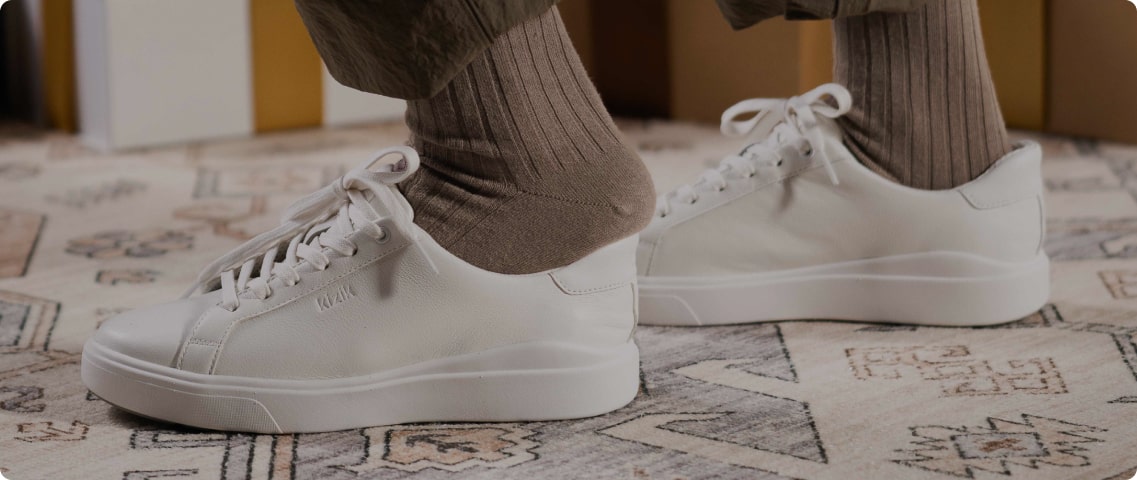
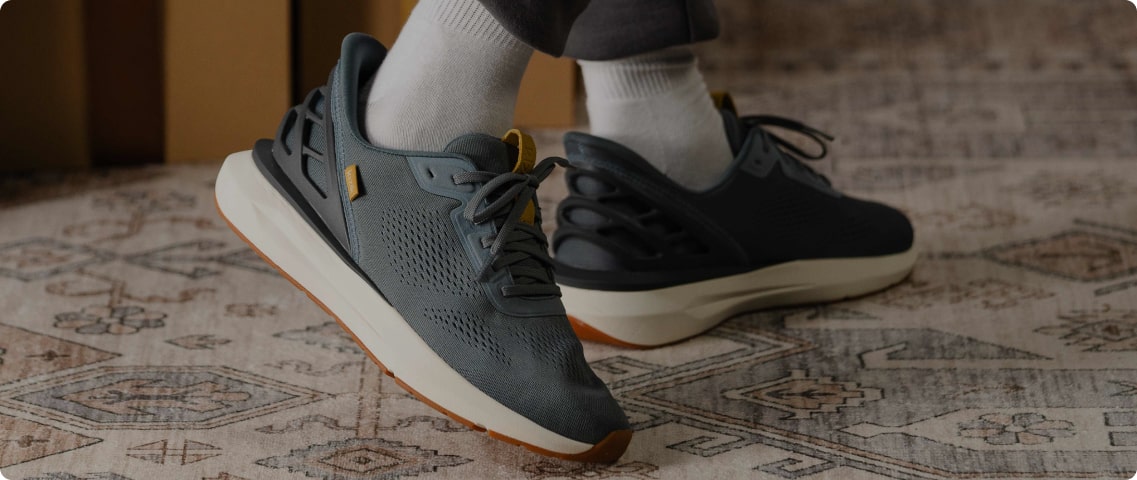

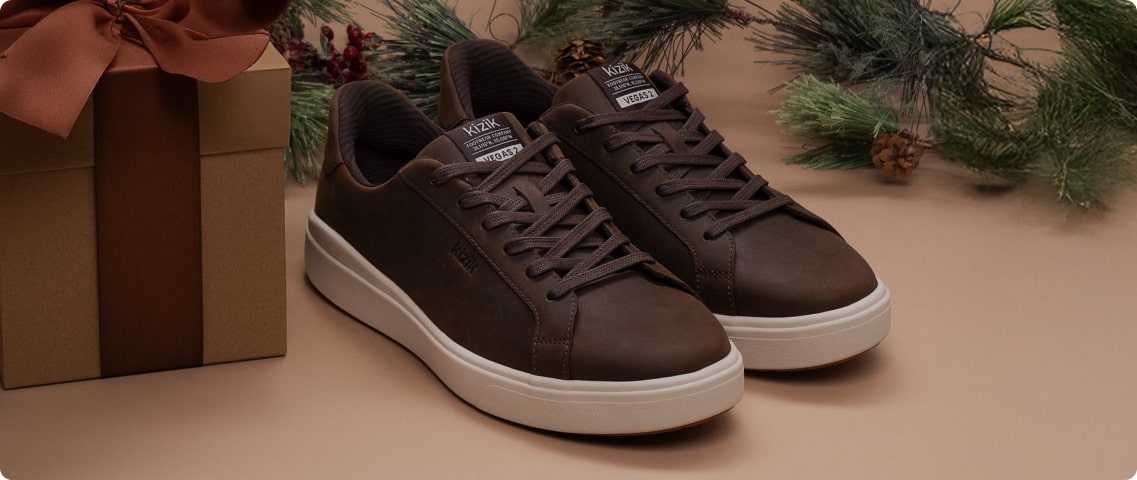
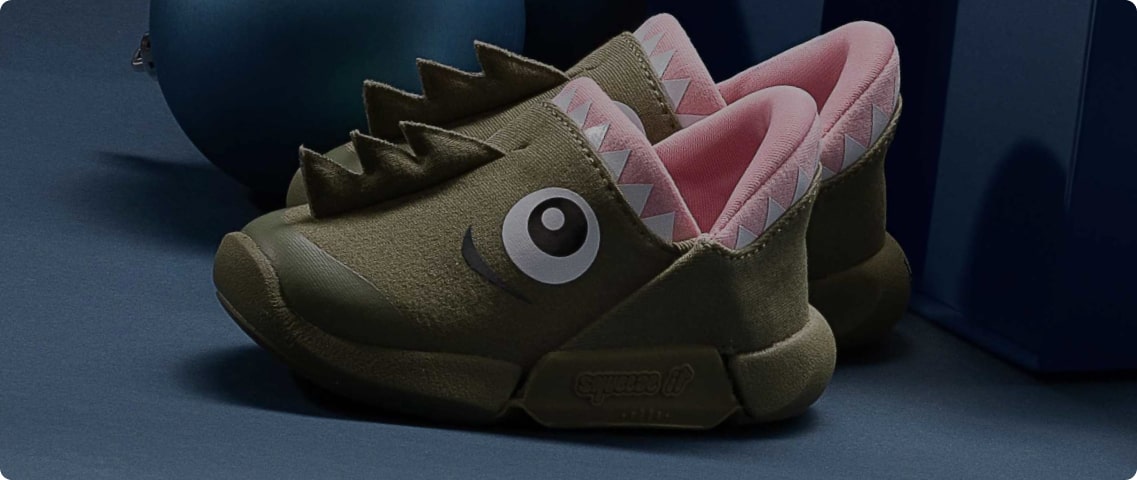



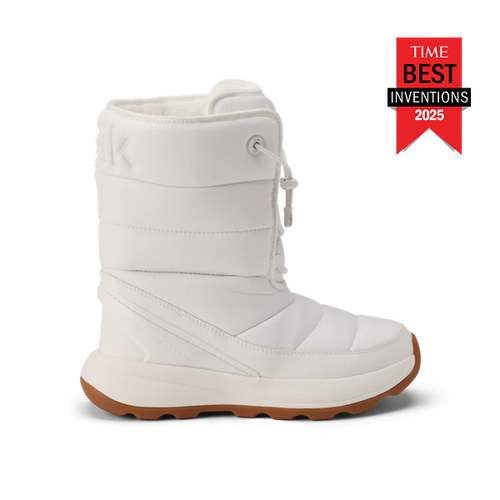


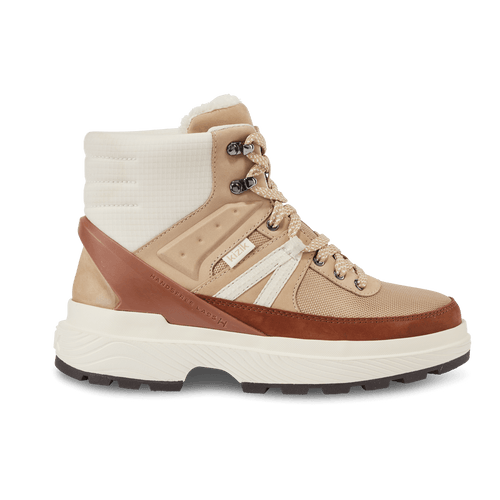
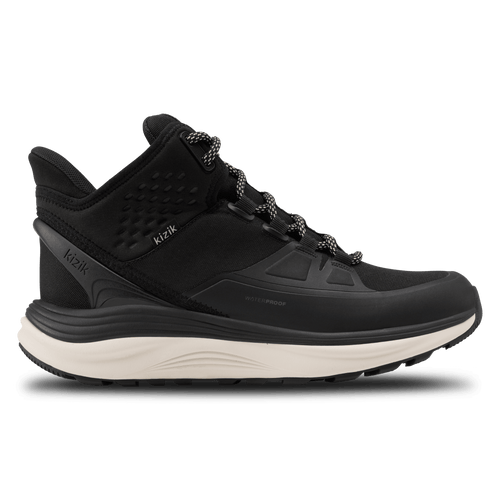





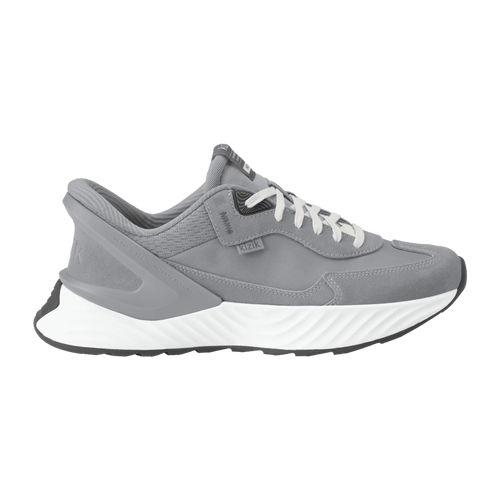


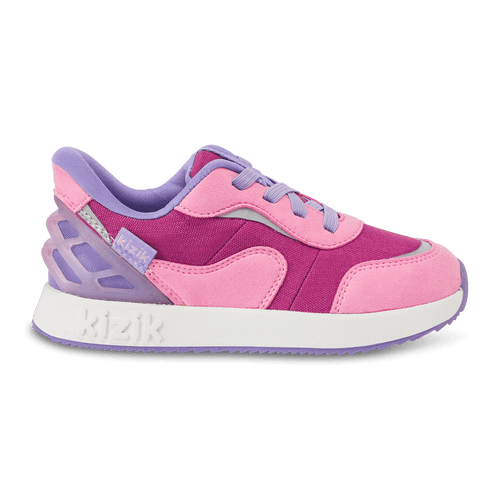


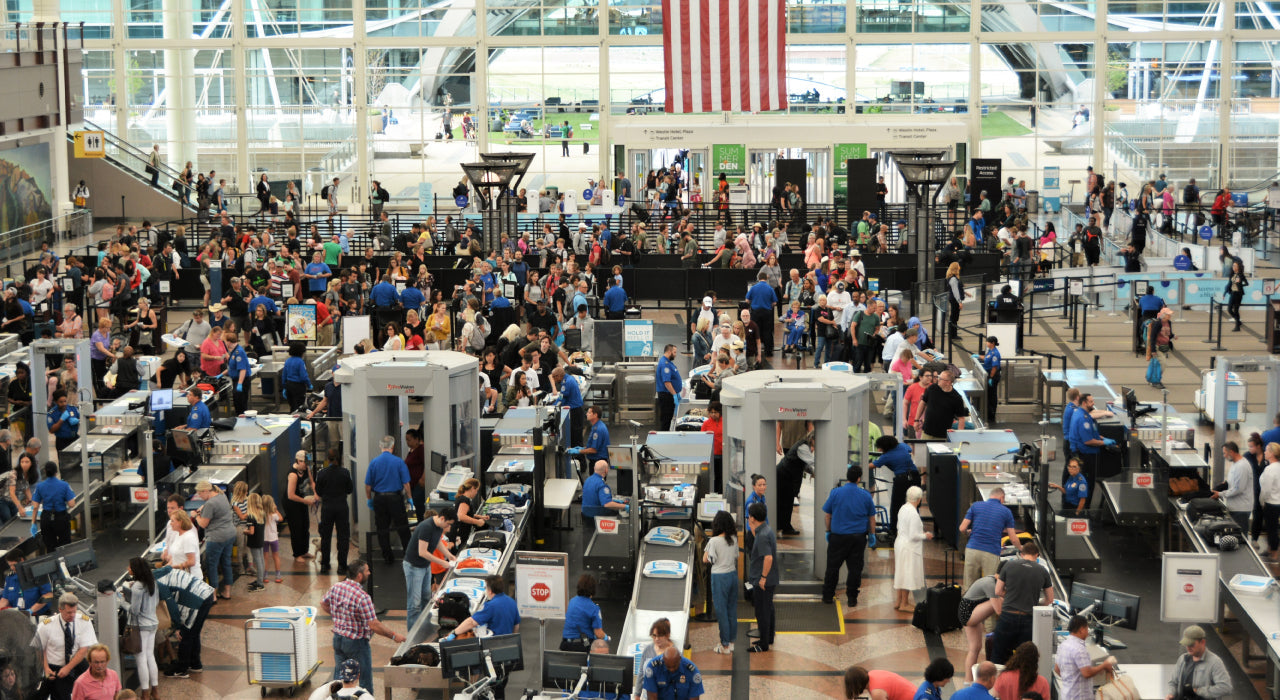

Leave a comment
This site is protected by hCaptcha and the hCaptcha Privacy Policy and Terms of Service apply.